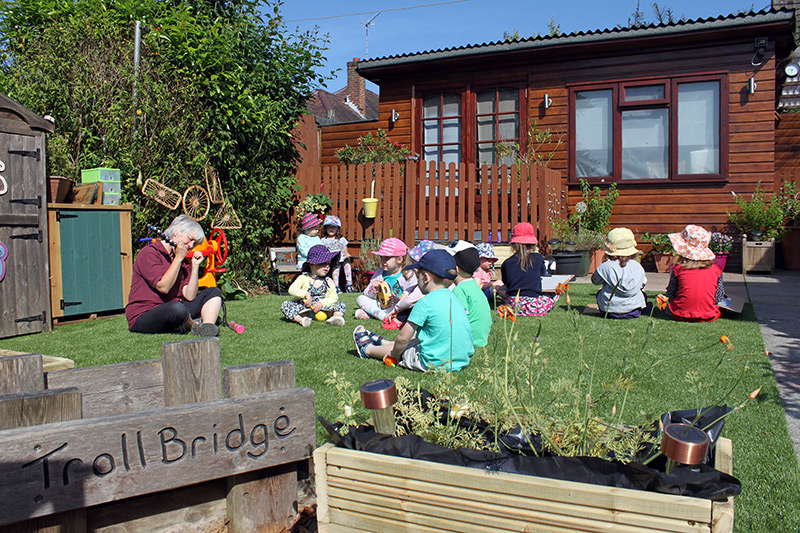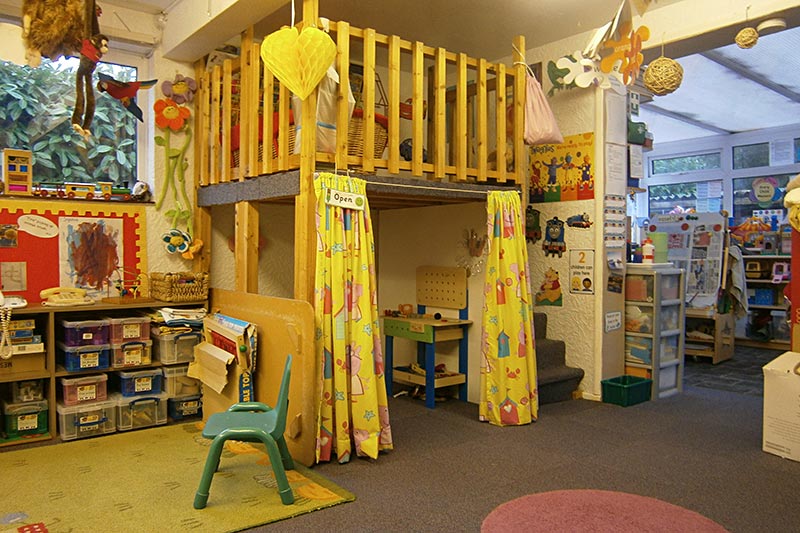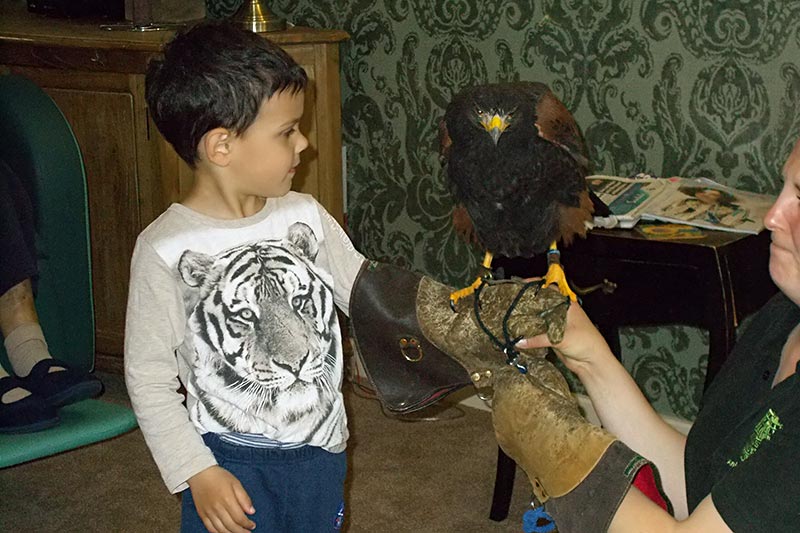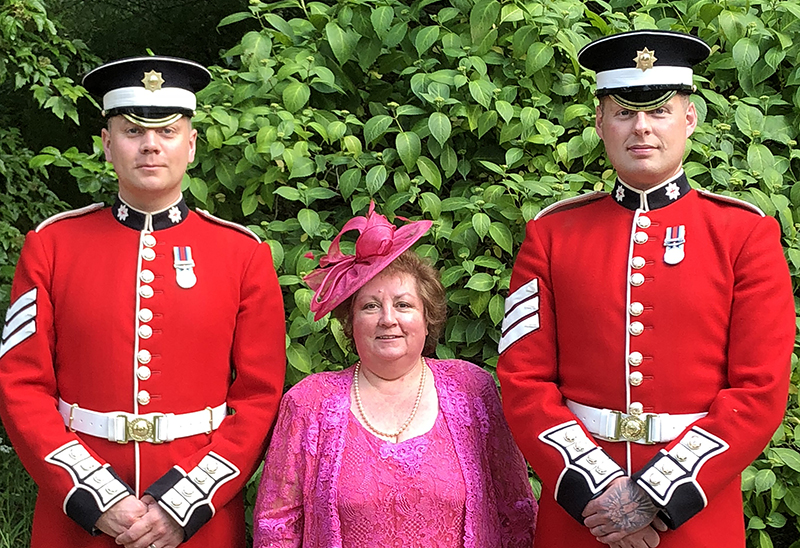At Broadstone Christian Nursery we promote the good health of all children attending. To help keep children healthy and minimise infection, we do not expect children to attend nursery if they are unwell. If a child is unwell it is in their best interest to be in a home environment with adults they know well rather than at nursery with their peers.
Our procedures
In order to take appropriate action if children become ill and to minimise the spread of infection we implement the following procedures:
- If a child becomes ill during the nursery day, we contact their parent(s) and ask them to pick up their child as soon as possible. During this time we care for the child in a quiet, calm area with their key person, wherever possible
- We follow the guidance given to us by Public Health England (formerly the Heath Protection Agency) in Guidance on Infection Control in Schools and other Child Care Settings and advice from our local health protection unit on exclusion times for specific illnesses, e.g. sickness and diarrhoea, measles and chicken pox, to protect other children in the nursery.
- Should a child have an infectious disease, such as sickness and diarrhoea, they must not return to nursery until they have been clear for at least 48 hours. We notify Ofsted as soon as possible and in all cases within 14 days of the incident where we have any child or staff member with food poisoning. We inform all parents if there is a contagious infection identified in the nursery, to enable them to spot the early signs of this illness. We thoroughly clean and sterilise all equipment and resources that may have come into contact with a contagious child to reduce the spread of infection
- We exclude all children on antibiotics for the first 48 hours of the course (unless this is part of an ongoing care plan to treat individual medical conditions e.g. asthma and the child is not unwell) This is because it is important that children are not subjected to the rigours of the nursery day, which requires socialising with other children and being part of a group setting, when they have first become ill and require a course of antibiotics
- We have the right to refuse admission to a child who is unwell. This decision will be taken by the manager or deputy on duty and is non-negotiable
- We make information/posters about head lice readily available and all parents are requested to regularly check their children’s hair. If a parent finds that their child has head lice we would be grateful if they could inform the nursery so that other parents can be alerted to check their child’s hair.
Meningitis procedure
If a parent informs the nursery that their child has meningitis, the nursery manager will contact the Infection Control (IC) Nurse for their area. The IC Nurse will give guidance and support in each individual case. If parents do not inform the nursery, we will be contacted directly by the IC Nurse and the appropriate support will be given. We will follow all guidance given and notify any of the appropriate authorities including Ofsted if necessary.
Transporting children to hospital procedure
The nursery manager/staff member must:
- Call for an ambulance immediately if the sickness is severe. DO NOT attempt to transport the sick child in your own vehicle
- Whilst waiting for the ambulance, contact the parent(s) and arrange to meet them at the hospital
- Redeploy staff if necessary to ensure there is adequate staff deployment to care for the remaining children. This may mean temporarily grouping the children together
- Arrange for the most appropriate member of staff to accompany the child taking with them any relevant information such as registration forms, relevant medication sheets, medication and the child’s comforter
- Inform a member of the management team immediately
- Remain calm at all times. Children who witness an incident may well be affected by it and may need lots of cuddles and reassurance. Staff may also require additional support following the accident.











